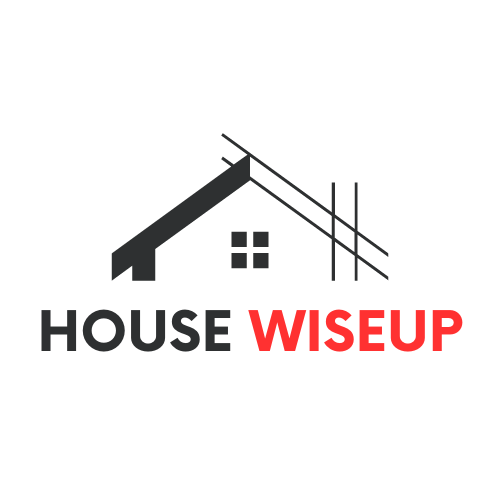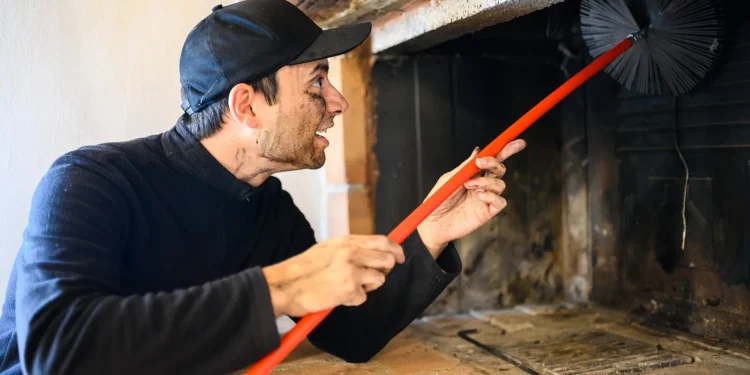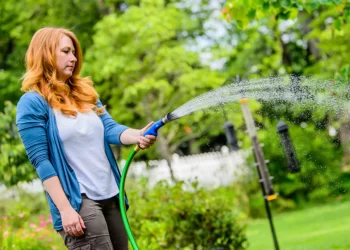A cozy fire on a chilly evening can make your home feel warm and inviting—but behind every beautiful flame is a chimney doing the hard work of venting smoke and fumes out of your home. Unfortunately, this vital part of your fireplace often goes unnoticed and neglected. Regular chimney cleaning isn’t just a seasonal task to check off your to-do list—it’s a crucial part of maintaining your home’s safety, energy efficiency, and air quality. In this guide, we’ll explore why routine chimney maintenance is essential for every homeowner.
The Hidden Dangers of a Dirty Chimney
At first glance, your chimney may not look like it needs any attention. However, over time, soot, ash, and a highly flammable substance called creosote accumulate along the walls of the chimney. Creosote is a tar-like residue created when wood or fossil fuels burn incompletely, and it can build up quickly with frequent use of the fireplace.
When left unchecked, creosote buildup becomes a fire hazard. According to the National Fire Protection Association (NFPA), chimney fires are responsible for thousands of house fires every year. These fires often start silently and go unnoticed until they’ve caused significant damage. A regular chimney cleaning removes creosote before it becomes a serious threat, drastically reducing the risk of chimney and house fires.
Protecting Your Family’s Health and Indoor Air Quality
Your chimney is designed to safely vent smoke, carbon monoxide, and other gases from your home. However, when it’s blocked or dirty, these harmful byproducts of combustion can begin to seep back into your living space. Carbon monoxide is particularly dangerous—it’s colorless, odorless, and potentially lethal when inhaled in large quantities.
Even low levels of carbon monoxide exposure can lead to symptoms like headaches, nausea, dizziness, and fatigue. In severe cases, it can cause unconsciousness or death. By scheduling regular chimney inspections and cleanings, you’re ensuring that your fireplace and chimney system vent properly, keeping indoor air clean and your family safe from exposure to toxic fumes.

Improved Efficiency and Better Heating Performance
When your chimney is clogged with debris, soot, or even animal nests, the airflow becomes restricted. This reduced airflow prevents your fireplace or wood-burning stove from operating efficiently. Instead of a steady, warm fire, you may struggle to keep it burning or experience frequent smoke blowback into the room.
Regular chimney cleaning enhances ventilation and combustion, allowing your fireplace to burn fuel more efficiently. Not only does this improve the performance of your heating system, but it also helps you save money on firewood or energy bills. A clean chimney simply works better—and gives you more warmth with less waste.
Avoiding Costly Repairs and Structural Damage
A neglected chimney doesn’t just put your home at risk for fire—it can also lead to serious structural problems. Moisture from rain or snow can seep into cracks or gaps in the chimney lining, especially if the flue is blocked and can’t vent properly. Over time, this moisture can damage the chimney masonry, rust metal components, and weaken the entire chimney structure.
In colder climates, trapped moisture can freeze and expand, causing bricks and mortar to crack or crumble. This type of damage is expensive to fix and can even make your chimney unsafe to use. By having your chimney cleaned and inspected regularly, you can catch minor issues before they turn into major (and costly) repairs.
Preventing Blockages from Debris and Wildlife
Believe it or not, chimneys are a favorite nesting spot for birds, squirrels, and raccoons. These uninvited guests can bring in twigs, leaves, and even trash to build nests inside your flue. When these materials build up, they create dangerous blockages that prevent smoke and gases from escaping. In some cases, animals can become trapped and die inside the chimney, leading to foul odors and health risks.
Professional chimney sweeps are trained to safely remove these obstructions and can also install chimney caps to prevent future wildlife invasions. Keeping your chimney clear of animals and debris ensures that it functions properly and reduces the risk of fire or smoke damage.
Following Safety Codes and Insurance Requirements
Many homeowners don’t realize that annual chimney cleaning may be required by insurance policies or local building codes. Insurance providers often include chimney maintenance as part of their fire safety requirements. If your home suffers damage due to a chimney fire and you can’t prove it was properly maintained, your claim could be denied.
Likewise, building codes in many regions mandate annual inspections, especially if the chimney is actively used. A certified chimney sweep can provide documentation and proof of inspection, helping you stay compliant and protecting your home’s value.
When and How Often Should You Clean Your Chimney?
The general rule of thumb is to have your chimney cleaned at least once a year, especially if you use your fireplace regularly. However, how often you clean it can depend on several factors:
- How often you use your fireplace or wood stove
- The type of fuel you burn (e.g., hardwood, softwood, coal, pellets)
- Whether the chimney has proper ventilation and a functioning cap
If you use your fireplace as a primary heat source, you may need cleanings more than once per year. Scheduling an inspection before the start of the heating season (usually in the fall) is a smart way to ensure your chimney is safe and ready to use.
Why Hiring a Professional Chimney Sweep Matters
While some DIY-ers may be tempted to clean their chimney themselves, this is a job best left to the pros. Certified chimney sweeps have the tools, training, and experience to do a thorough job—removing soot, creosote, animal nests, and debris without damaging the chimney lining or surrounding structure.
Professional sweeps also perform a full inspection, looking for signs of wear, cracks, leaks, and other safety hazards that homeowners may overlook. Hiring a reputable professional not only guarantees a cleaner chimney but also provides peace of mind that your fireplace is safe to use.
Final Thoughts
A roaring fire in the fireplace may bring warmth and charm to your home, but it comes with the responsibility of regular maintenance. Chimney cleaning isn’t just a seasonal chore—it’s a vital part of keeping your home safe, efficient, and structurally sound. From preventing fires and carbon monoxide poisoning to improving heating performance and extending the life of your chimney, the benefits are far too important to ignore.
So, if it’s been more than a year since your last chimney cleaning—or if you notice any unusual smoke, smells, or soot—it’s time to call in the pros. Your family’s safety and your home’s integrity are well worth the effort.







